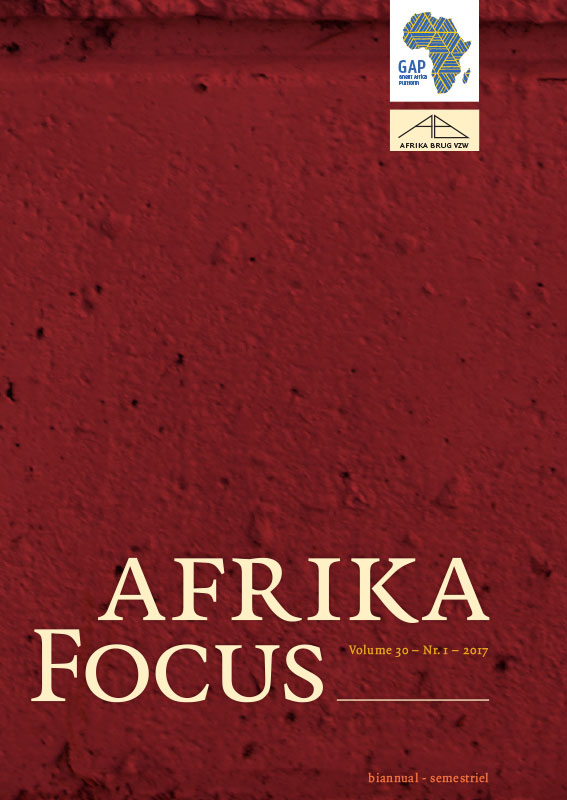Le droit international humanitaire et la protection des enfants en situation de conflits armés – Etude de cas de la République Démocratique du Congo
DOI:
https://doi.org/10.21825/af.v30i1.4983Abstract
The system of protection of children in situations of armed conflict, as established by international humanitarian law and supplemented by international human rights law and international criminal law, remains subject to numerous pitfalls. These pitfalls are closely intertwined with the definition of the obligations of the parties to the conflict and the mechanisms that ensure the implementation of the aforementioned obligations. Using the Democratic Republic of the Congo as a case study, a country that is estimated to have more than 30,000 child soldiers (with approximately 15% of the child soldiers being girls) and whose children remain victims of the unspeakable atrocities of armed forces and groups, this doctoral dissertation aims to question the content and effectiveness of the special protection of children, civilian or soldier, in situations of armed con ict. The overall purpose of this paper is to provide a summary of my doctoral thesis. Key words : international humanitarian law, international human rights law, children, civilian child, child soldier, special protection, general protection, armed conflict, Democratic Republic of CongoDownloads
Published
How to Cite
Issue
Section
License
Authors who publish with this journal agree to the following terms
Authors retain copyright and grant the journal right of first publication with the work simultaneously licensed under a Creative Commons Attribution License that allows others to share the work with an acknowledgement of the work's authorship and initial publication in this journal.
Authors are able to enter into separate, additional contractual arrangements for the non-exclusive distribution of the journal's published version of the work (e.g., post it to an institutional repository or publish it in a book), with an acknowledgement of its initial publication in this journal.
Authors are permitted and encouraged to post their work online (e.g., in institutional repositories or on their website) prior to and during the submission process, as it can lead to productive exchanges, as well as earlier and greater citation of published work (See The Effect of Open Access).


